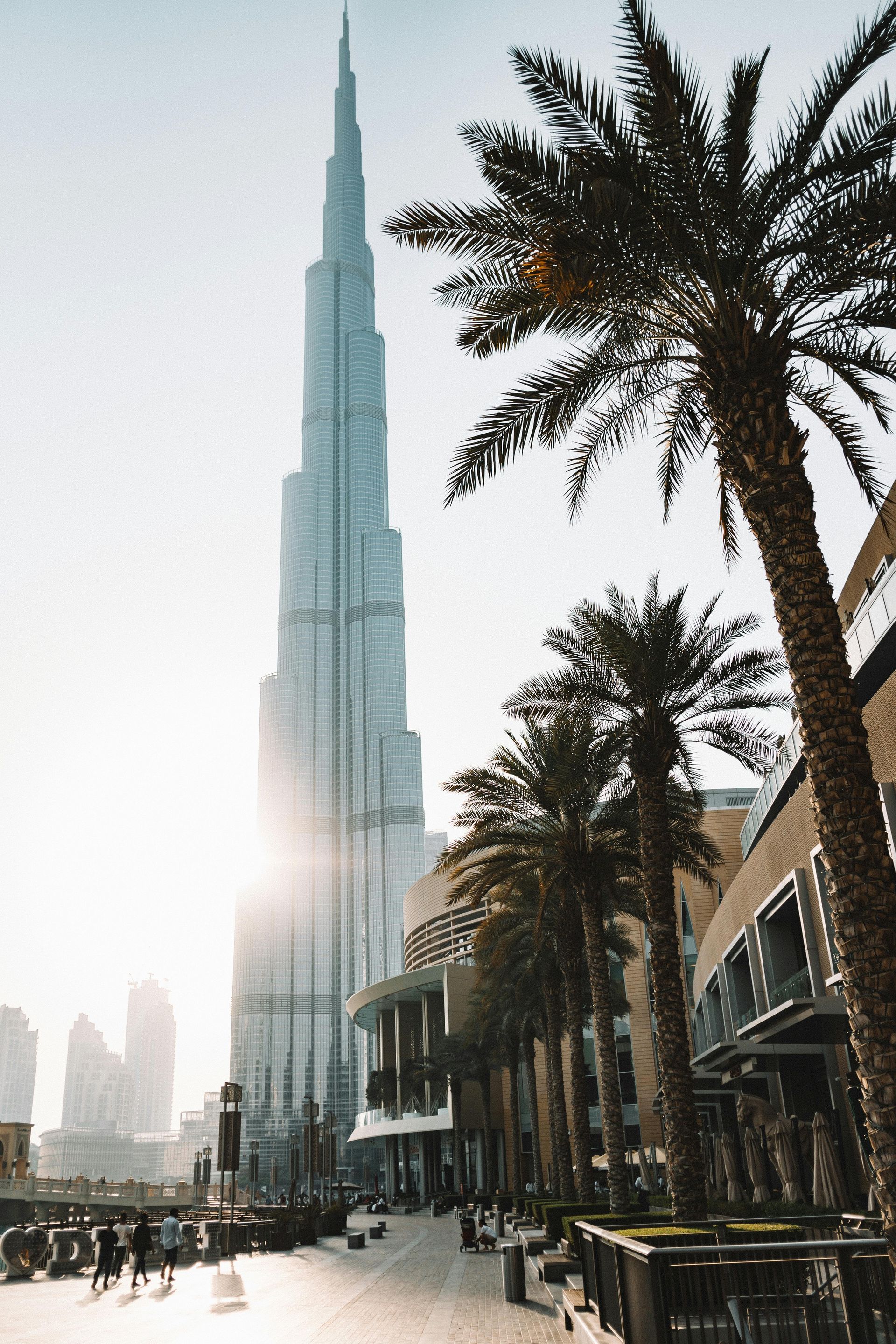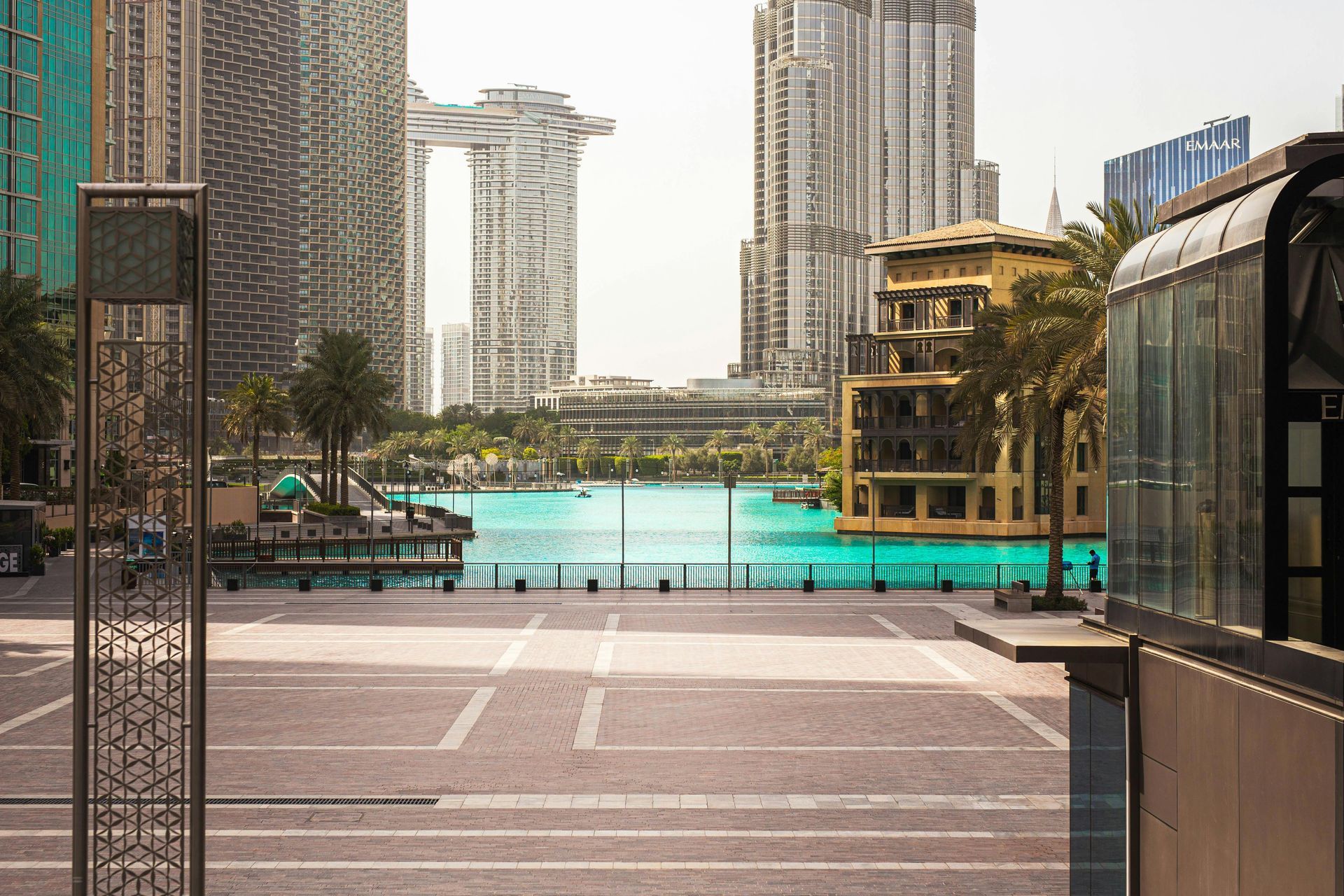Estate Planning in Popular Relocation Destinations: Italy, UAE, Portugal, Cyprus, and Malta
August 21, 2025
Estate Planning Across Popular Relocation Destinations

Relocating abroad brings lifestyle benefits, new opportunities, and in many cases, attractive tax regimes. But whether you’re seeking sunshine in the Mediterranean or business opportunities in the Gulf, one thing should never be overlooked: estate planning.
Contact Us
Different countries have vastly different rules on inheritance, succession, and taxation — and failing to plan can leave your heirs with unnecessary complexity, delays, and costs.
Below is a brief overview of key estate planning considerations in five favourite relocation destinations.
Italy
Italy’s charm comes with a civil law system and strict forced heirship rules. This means certain family members, such as spouses and children, are entitled to fixed portions of your estate, regardless of the terms of your will. Inheritance tax rates are relatively low, but vary based on the beneficiary’s relationship to the deceased. Foreign wills are recognised if they meet Italian legal requirements, but professional advice is essential to align your estate plan with both Italian and home-country law.
United Arab Emirates (UAE)
The UAE operates under a mix of civil law and Sharia principles, with inheritance matters historically following Islamic law for Muslim residents. However, non-Muslims can now register wills under DIFC (Dubai International Financial Centre) or ADGM (Abu Dhabi Global Market) frameworks, allowing them to distribute assets according to their wishes. There is no inheritance tax, but local court procedures can be complex without a registered will in place. Estate planning here is not just about asset transfer; it’s about avoiding administrative delays for your heirs. (Read more about this here)
Portugal
Portugal has forced heirship rules similar to Italy, meaning certain relatives have automatic rights to a share of your estate. The country does not impose inheritance tax on direct family members, but stamp duty applies to assets passed outside the immediate family. Foreign wills are generally accepted, but residency status and the EU Succession Regulation can affect which country’s law applies. Those holding assets in multiple jurisdictions should ensure their plan coordinates across borders.
Cyprus
Cyprus offers a relaxed lifestyle and an English-influenced legal system, but forced heirship applies unless you were born outside Cyprus or have acquired domicile elsewhere. This means part of your estate may be reserved for specific relatives. There is no inheritance tax, which is appealing for many expats, but local probate procedures still require clear documentation and proper will registration.
Malta
Malta’s civil law system also includes forced heirship rules, although they can be bypassed in certain circumstances with careful planning. There is no inheritance tax, but stamp duty applies to the transfer of immovable property and some other assets. For expats, Maltese wills can be drafted alongside foreign wills to ensure assets in multiple countries are covered without conflicting instructions.
Final Thoughts
Estate planning should be at the heart of any international relocation strategy. Each country’s laws carry nuances that can dramatically affect how your wealth is passed on.
Our global relocation experts will help with everything, from tax advice, inheritance planning, and wealth structuring
to finding a home, securing residency visas, and ensuring a smooth move for your whole family. With over 25 years of experience, we deliver clear guidance and support without any unexpected fees.

Navigating the UAE Employment Visa Process in 2026 Relocating to the United Arab Emirates for employment offers significant professional and financial opportunities. However, the UAE employment visa process is structured, compliance-driven and time sensitive. Understanding each stage in advance avoids unnecessary delays and protects both employer and employee from regulatory issues. Below is a comprehensive, easy-to-follow guide to the UAE employment visa process as it stands in 2026. Step 1: Securing a Confirmed Job Offer The UAE employment visa process begins with a formal job offer from a UAE-licensed entity. Only an employer registered with the relevant mainland authority or free zone authority can sponsor an employee. The employer becomes the visa sponsor and assumes legal responsibility for: Applying for the work permit Processing the residence visa Ensuring compliance with UAE labour law Covering government application fees (in most cases) Employees cannot independently apply for a standard employment visa without sponsorship. Step 2: Work Permit Application (Entry Permit Approval) Once the employment contract is signed, the employer applies for a work permit (also known as a labour approval) through the Ministry of Human Resources and Emiratisation (MOHRE) or the relevant free zone authority. Documents typically required include: Passport copy (valid for at least six months) Passport-size photographs Signed employment contract Attested educational certificates (if required for the role) If the employee is outside the UAE, an entry permit is issued, allowing them to enter the country legally for employment purposes. If the employee is already inside the UAE on a visit visa, status adjustment procedures apply. Step 3: Entry to the UAE (If Applying From Abroad) For applicants outside the UAE, the entry permit allows legal entry into the country. Once inside the UAE, the individual must complete the residency formalities within the validity period of the entry permit (usually 60 days). Timing is critical at this stage. Failure to complete the process within the permitted window may result in fines. Step 4: Medical Fitness Test All employment visa applicants must undergo a mandatory medical examination at an approved UAE medical centre. The test typically screens for: HIV Tuberculosis Hepatitis (in certain categories) The medical fitness certificate is a mandatory component of the residence visa application. Processing time: usually 24–72 hours depending on service speed selected. Step 5: Emirates ID Biometrics The applicant must apply for an Emirates ID, which serves as the UAE’s official identification card. This process includes: Biometric data capture (fingerprints and photograph) Identity verification The Emirates ID is linked directly to the residence visa and is essential for: Opening bank accounts Renting property Obtaining a driving licence Accessing utilities and telecom services Step 6: Residence Visa Stamping Following medical clearance and Emirates ID application, the residence visa is issued and stamped electronically against the passport record. Employment residence visas are typically valid for: 2 years (mainland companies) 2–3 years (depending on free zone authority) Once issued, the employee is legally resident in the UAE and may sponsor eligible dependants (subject to salary thresholds). Key Considerations in 2026 1. Free Zone vs Mainland Sponsorship Visa procedures differ slightly between mainland entities and free zone authorities. Free zones operate under independent regulatory frameworks, although federal immigration approval remains central. The choice between mainland and free zone employment has broader implications, including: Corporate structuring Tax residency status Social security considerations Family sponsorship options These should be assessed before finalising relocation plans. 2. Employment Visa vs Other UAE Visa Categories The UAE also offers: Green Visas (for skilled professionals and freelancers) Golden Visas (long-term residence for investors and high earners) Investor/Partner Visas For entrepreneurs and senior executives, an employment visa is not always the optimal route. Strategic structuring may offer longer validity and greater flexibility. 3. Tax Residency Implications The UAE does not levy personal income tax. However, relocating professionals must consider: Exit tax implications in their home country UK Statutory Residence Test (for British nationals) Split-year treatment Ongoing ties and centre-of-vital-interests rules Corporate tax exposure for business owners Inadequate pre-departure planning can result in unintended dual tax exposure. 4. Corporate Tax and Employment Structuring With the introduction of UAE Corporate Tax, business owners relocating to the UAE must assess: Whether they will remain directors of overseas entities Permanent establishment risks Substance requirements Intercompany arrangements Employment structuring must align with the broader corporate and tax strategy. Why a Structured Relocation Approach Matters Many professionals treat the employment visa as a simple administrative formality. In practice, it forms part of a much larger relocation framework that includes: Tax residency planning Wealth structuring Asset protection Banking arrangements Property acquisition Family visa coordination A piecemeal approach often creates long-term complications. How Mosaic Chambers Group Supports Your Move to the UAE At Mosaic Chambers Group, we provide integrated advisory services for internationally mobile individuals and entrepreneurs. We coordinate: Pre-departure UK tax planning UAE tax structuring advice Cross-border compliance Local regulatory compliance We work alongside trusted UAE-based partners to manage: Visa processing Company formation Corporate structuring analysis Family sponsorship applications Wealth protection strategies Relocating to the UAE should be strategic, compliant and financially efficient - not reactive. Speak to Our Advisory Team If you are considering accepting a UAE job offer or relocating your business operations to the Emirates, we recommend obtaining professional tax and structuring advice before finalising your move. Early planning protects your position, reduces risk and ensures your move to the UAE is commercially sound and fully compliant. Get in touch with our team today to begin your relocation strategy with clarity and confidence.

Thinking about moving to Dubai with your family?
We can help you assess eligibility, model the impact, and prepare a clear roadmap before you move.
Contact us to begin a confidential discussion.
Tailored advice for UK families, entrepreneurs, business owners and private wealth structures.
Cross‑border, multi‑jurisdict
